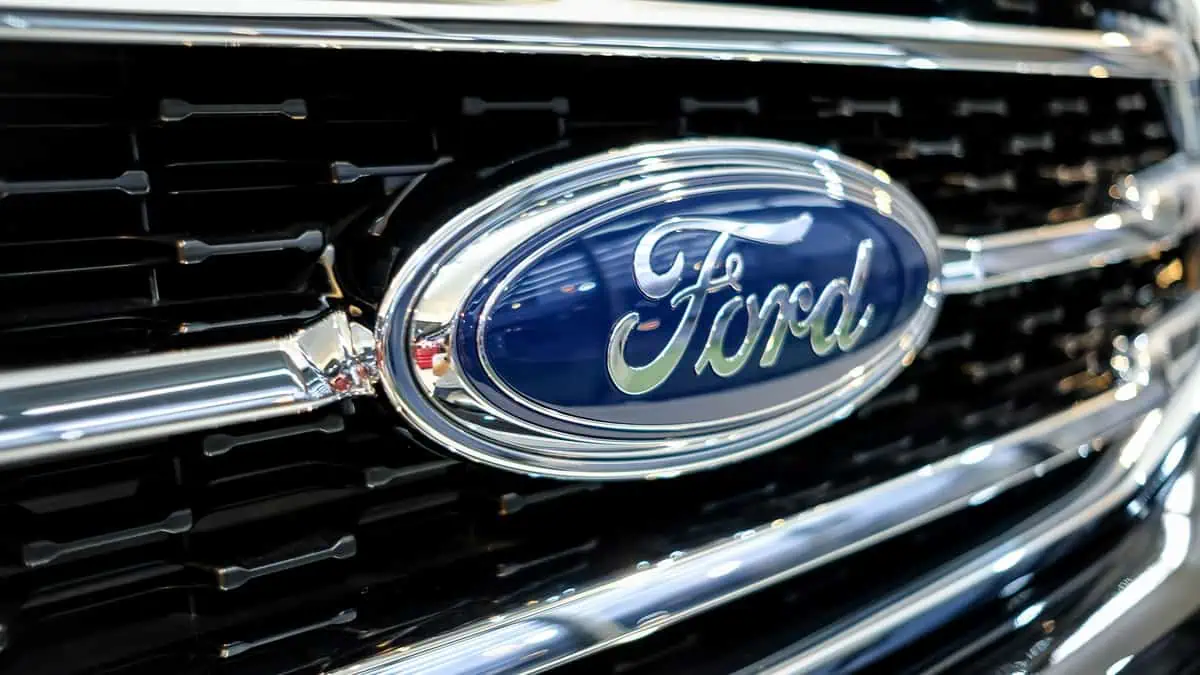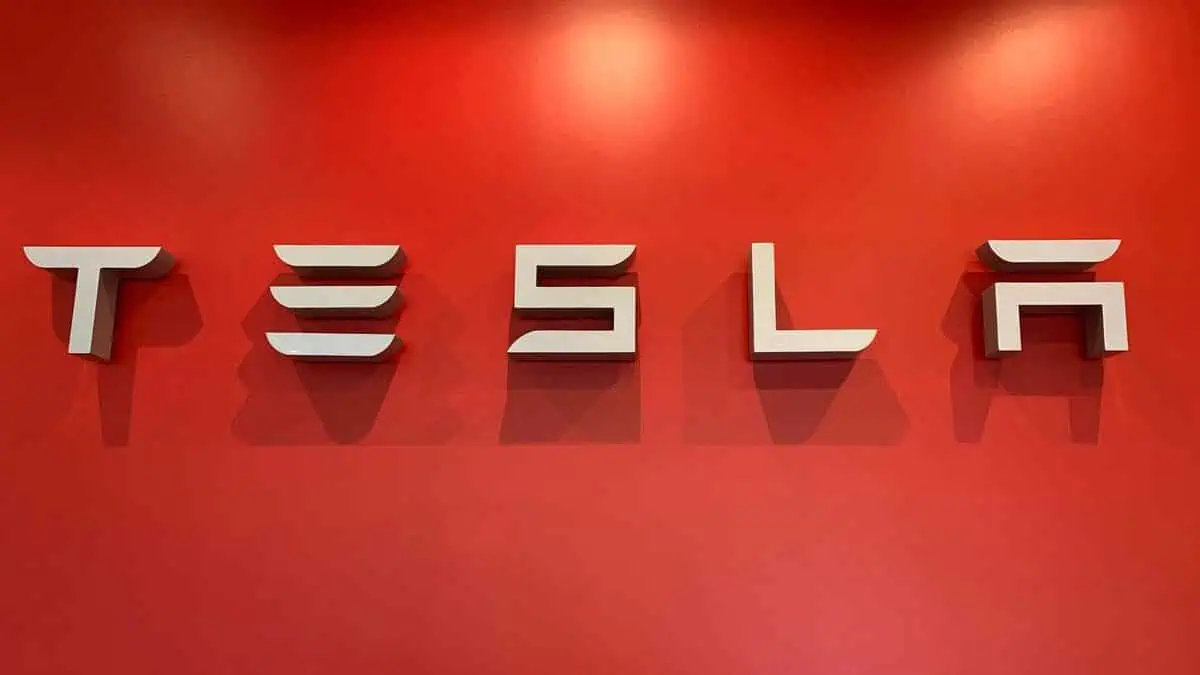Autonomous driving company Argo AI which Ford and Volkswagen jointly own, will shut down operations as announced by the Michigan-based automaker on Wednesday. Ford and VW are reported to take on their staff and parts.
Additionally, it declared that many of Argo’s 2,000 employees would be hired by it and Volkswagen.
Ford said it would keep some of its offices open despite the disbanding.
“In coordination with our shareholders, the decision has been made that Argo AI will not continue on its mission as a company. Many of the employees will receive an opportunity to continue work on automated driving technology with either Ford or Volkswagen, while employment for others will unfortunately come to an end,” Argo said in a statement.
Ford reported a hundred of million net loss
Associated Press reported that Ford decreased the worth of its stake in Pittsburgh-based Argo by taking a $2.7 billion accounting charge. It is also depreciating a $500 million cash investment. As a result, Ford saw a net loss of $827 million from July to September, primarily due to the noncash accounting charge.
Ford shifts its focus to driver-assist systems
Ford executives explained that they do not think autonomous vehicles will be profitable. Therefore, it decided to shift its focus to driver-assist systems that are only partially automated and still require human supervision.
“We’ve looked at this every way that you can,” Chief Financial Officer John Lawler told reporters Wednesday. “We just see the profitability, given the investment that’s going to be required, a long way out.”
In a news statement, the American automaker stated Argo has been unsuccessful in luring in more investors. The automaker has concluded that self-driving cars would take longer than anticipated to become widely commercialized. Ford CEO Jim Farley revealed that the company initially expected to commercialize autonomous vehicle technology by 2021.
“But things have changed, and there’s a huge opportunity right now for Ford to give time — the most valuable commodity in modern life — back to millions of customers while they’re in their vehicles,” said Farley. “It’s mission-critical for Ford to develop great and differentiated L2+ and L3 applications that at the same time make transportation even safer.”
Furthermore, Ford’s chief technology officer, Doug Field, stated that additional developments are necessary before the vehicles can be extensively used. “There’s a lot of work to not only just crack the technical problem, but then turn that into a high-volume reliable vehicle,” Field said.
On the other hand, the appeal of driver-assist technologies among consumers warrants a larger financial investment. It encouraged the automaker to pursue this area instead of pushing on with autonomous vehicles.
“So it’s taking that investment and putting it towards a business where we think we will have a sizable return in the near term relative to one that’s going to have a long arc,” said John Lawler, Ford’s chief financial officer, during Wednesday’s investor call.
Ford is not the only business with self-driving ambitions. The leading EV maker Tesla is also having issues with the US authorities over its self-driving technology. This self-driving technology must be proven reliable and safe for anyone who wants to operate it before it can be broadly commercialized.






